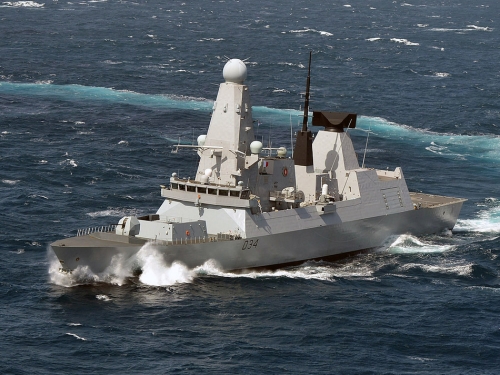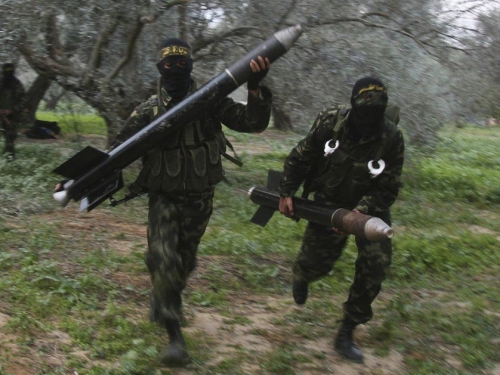
This article was originally published by European Geostrategy on 3 December, 2014. Republished with permission.
Maritime security is the new buzz-phrase in Brussels policy circles. 2014 has witnessed the publication of the EU’s first maritime security strategy. This strategy is premised upon the assumption that maritime security is a comprehensive business that covers a wide range of issues, from harbour safety, biodiversity conservation and the control of illegal fishing, through to piracy, all the way up to the support of crisis management operations. This emphasis on comprehensiveness is hardly surprising. The comprehensive approach is part of the European Union’s (EU) DNA, and it permeates through pretty much every instance of the newly adopted maritime security strategy.




